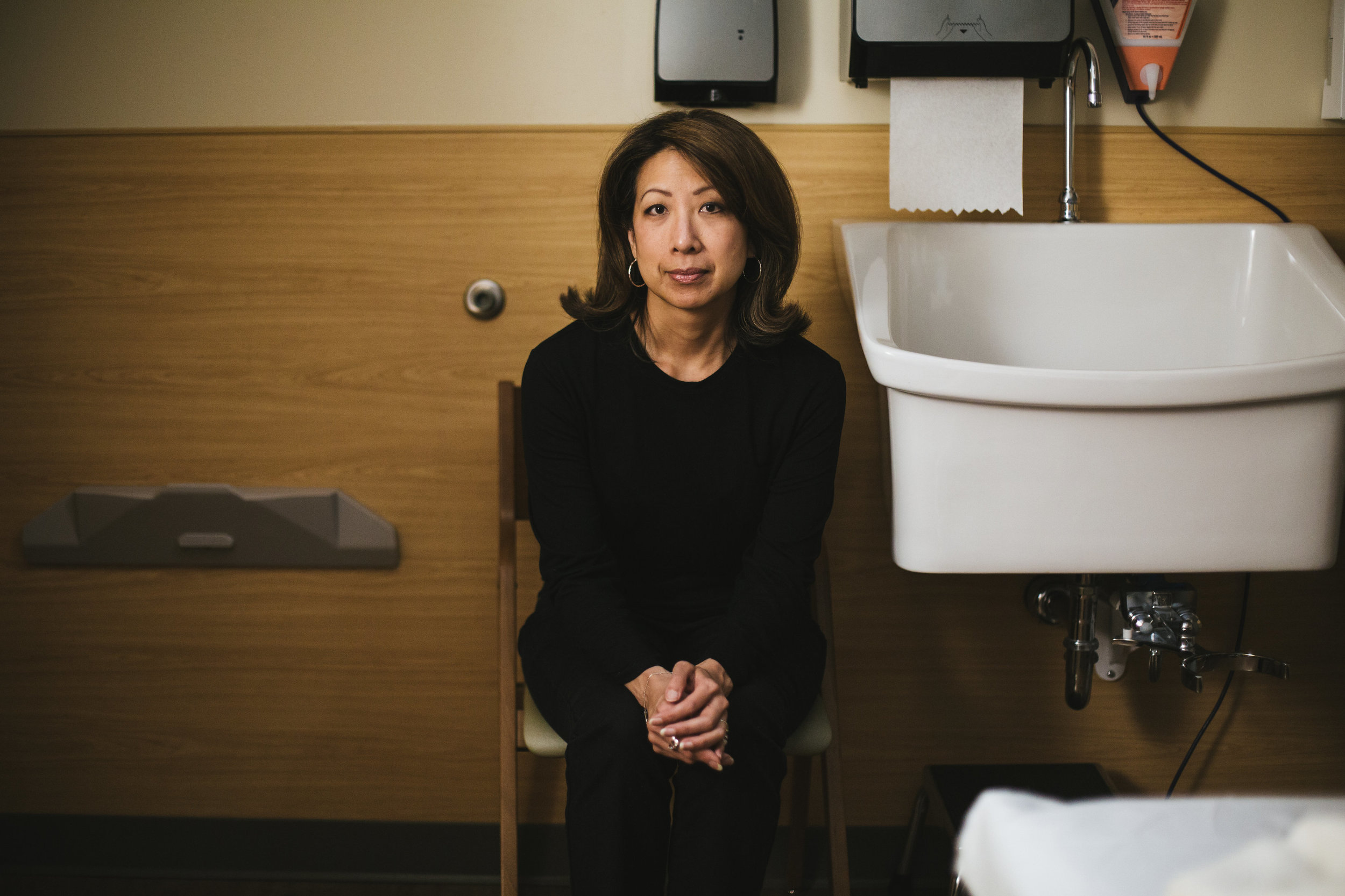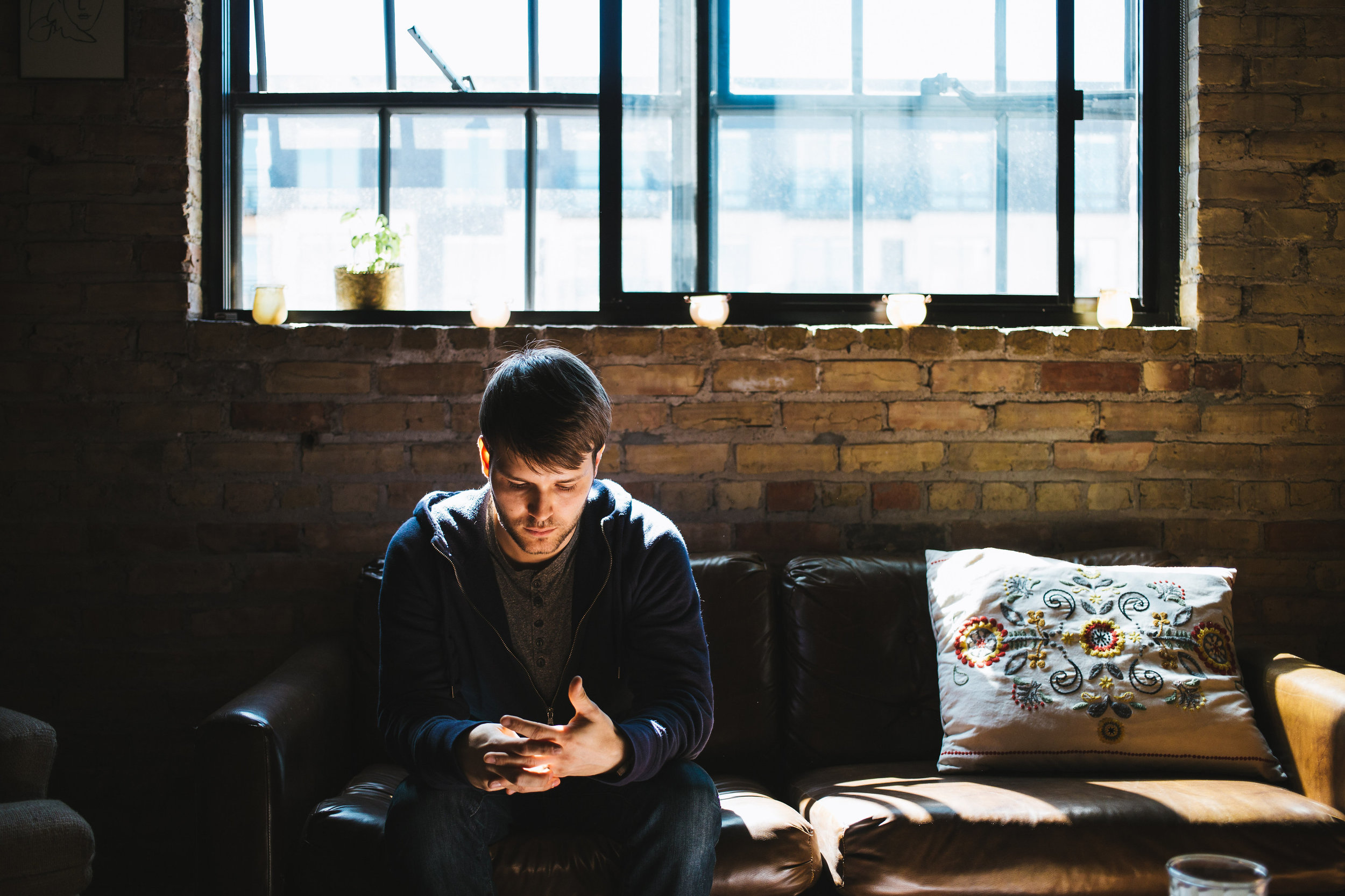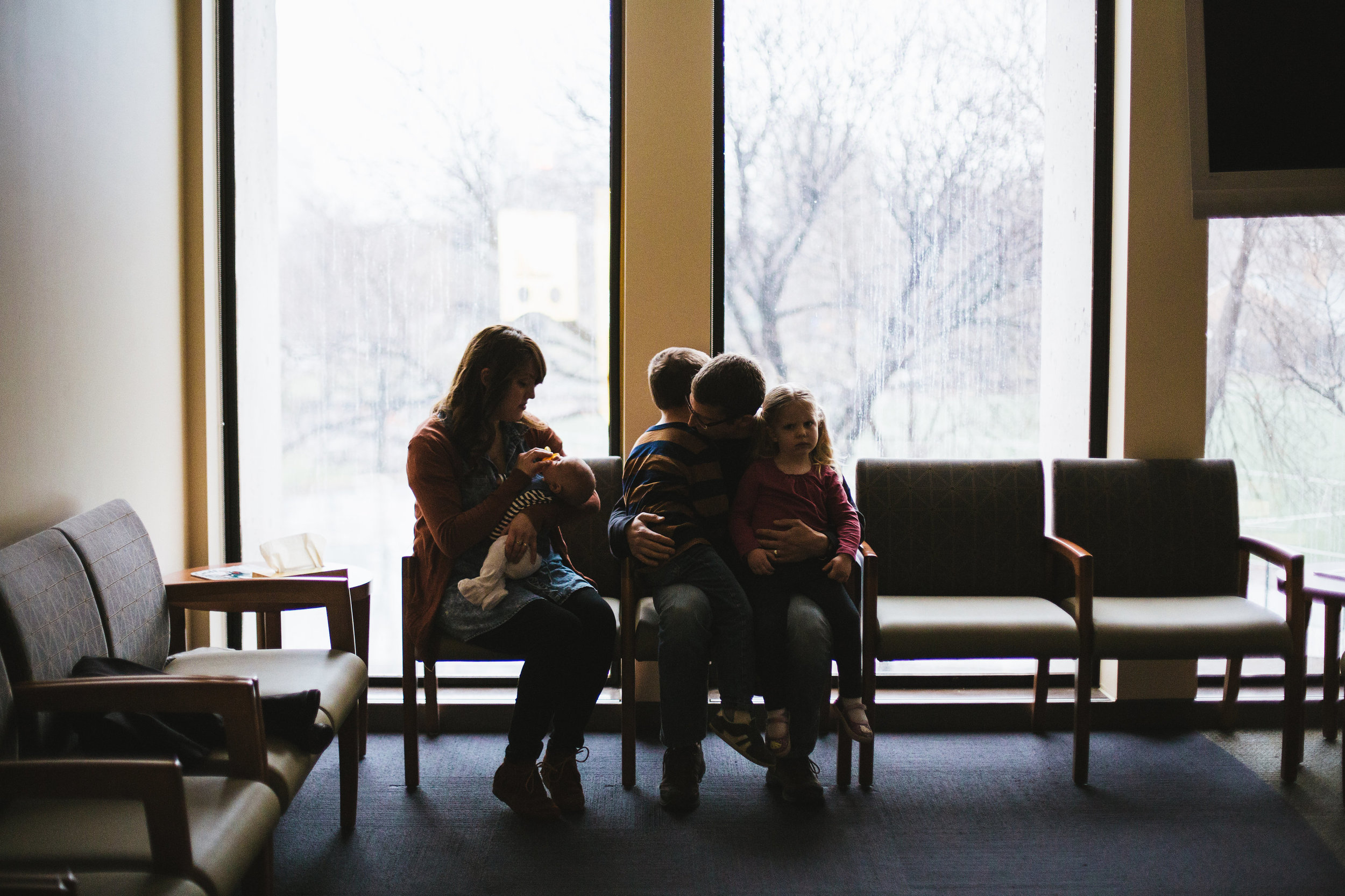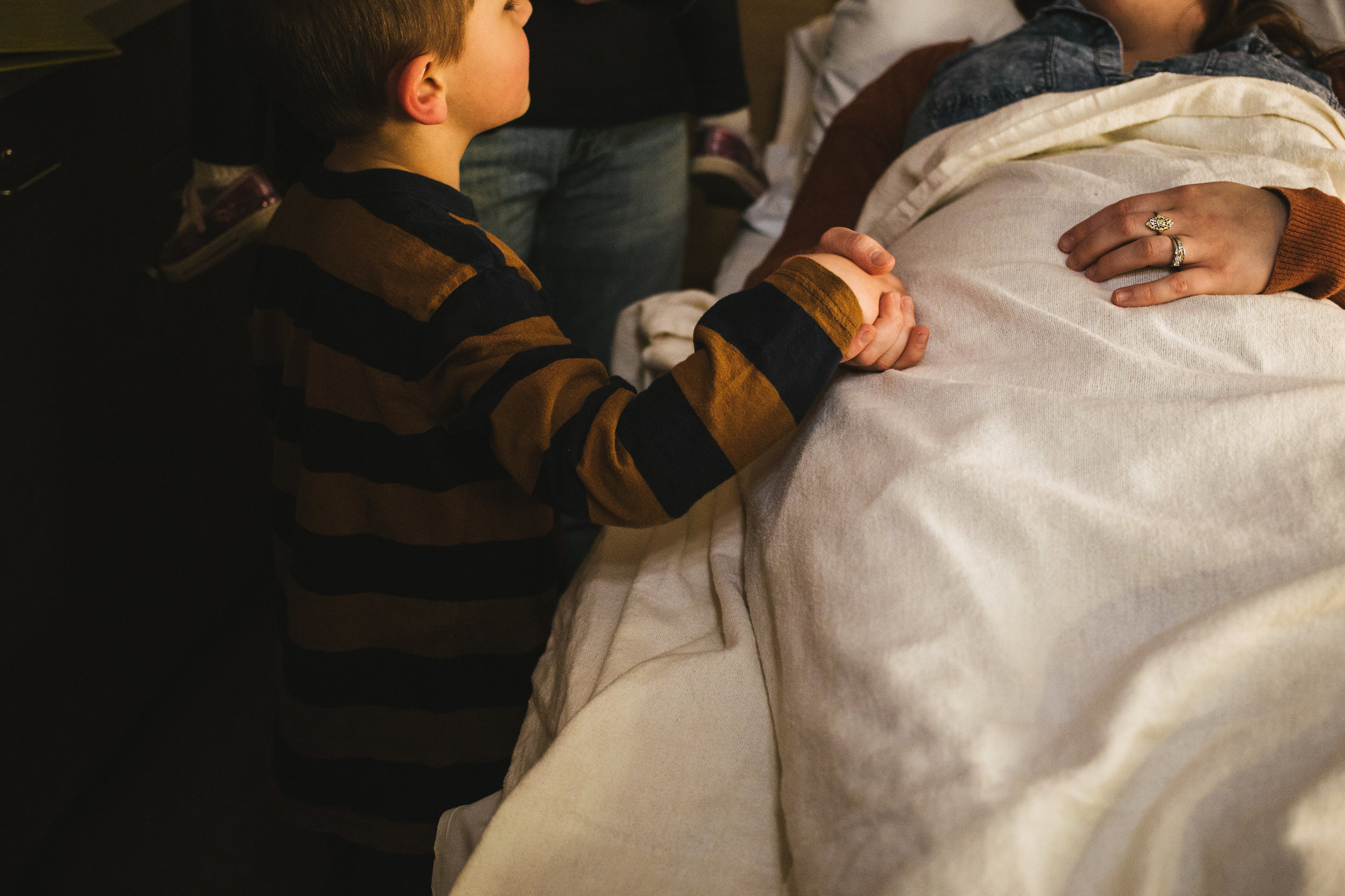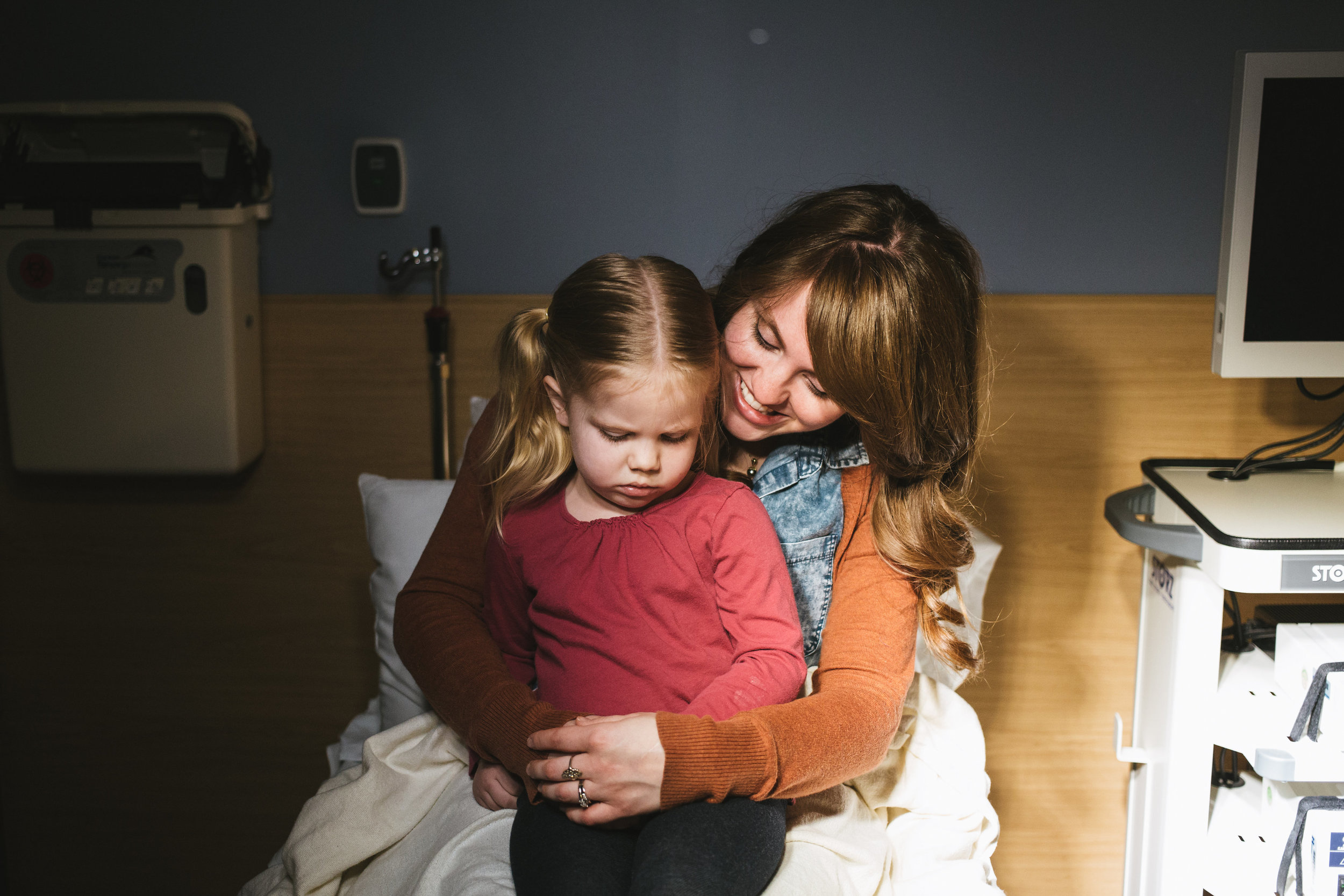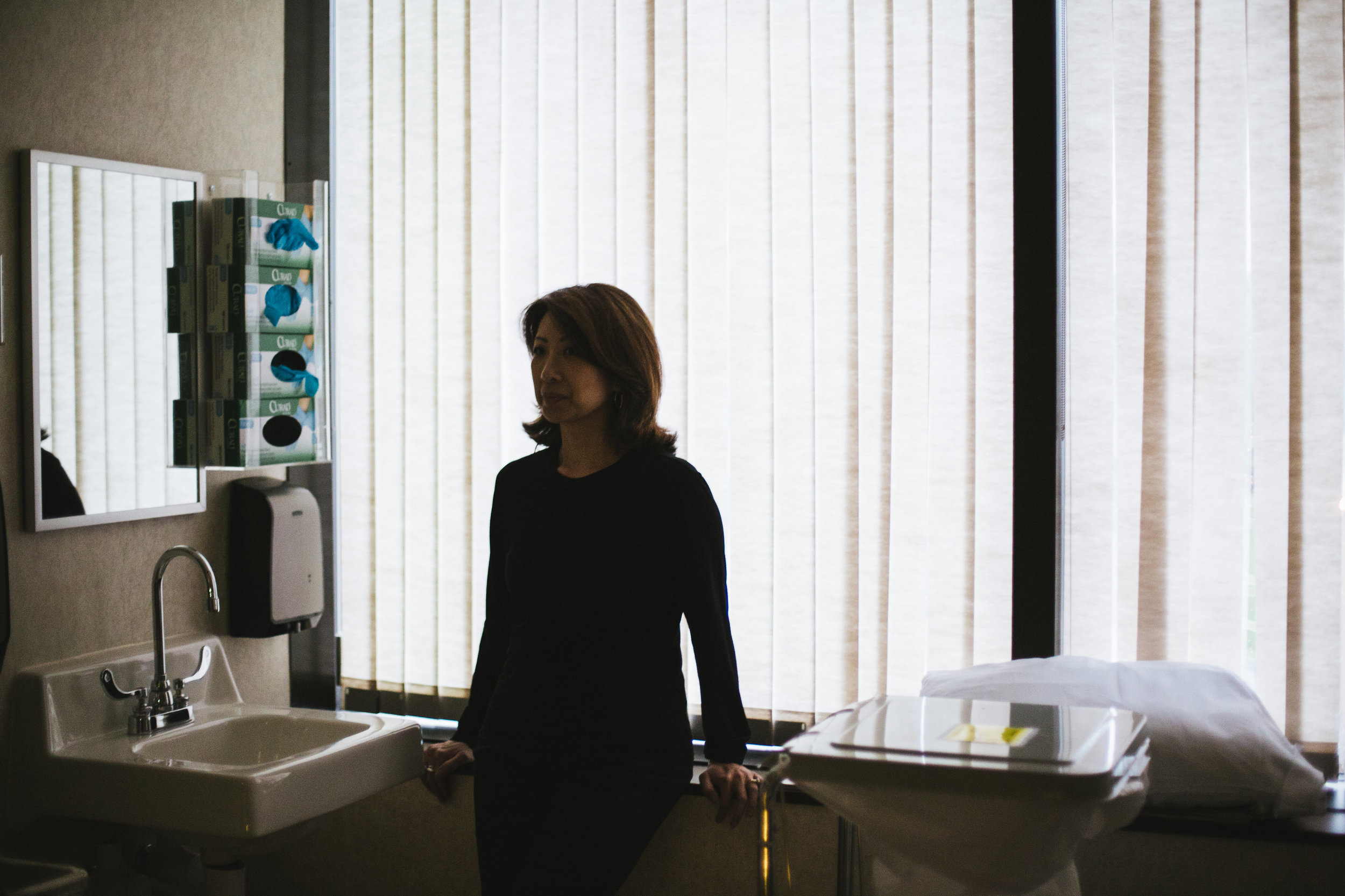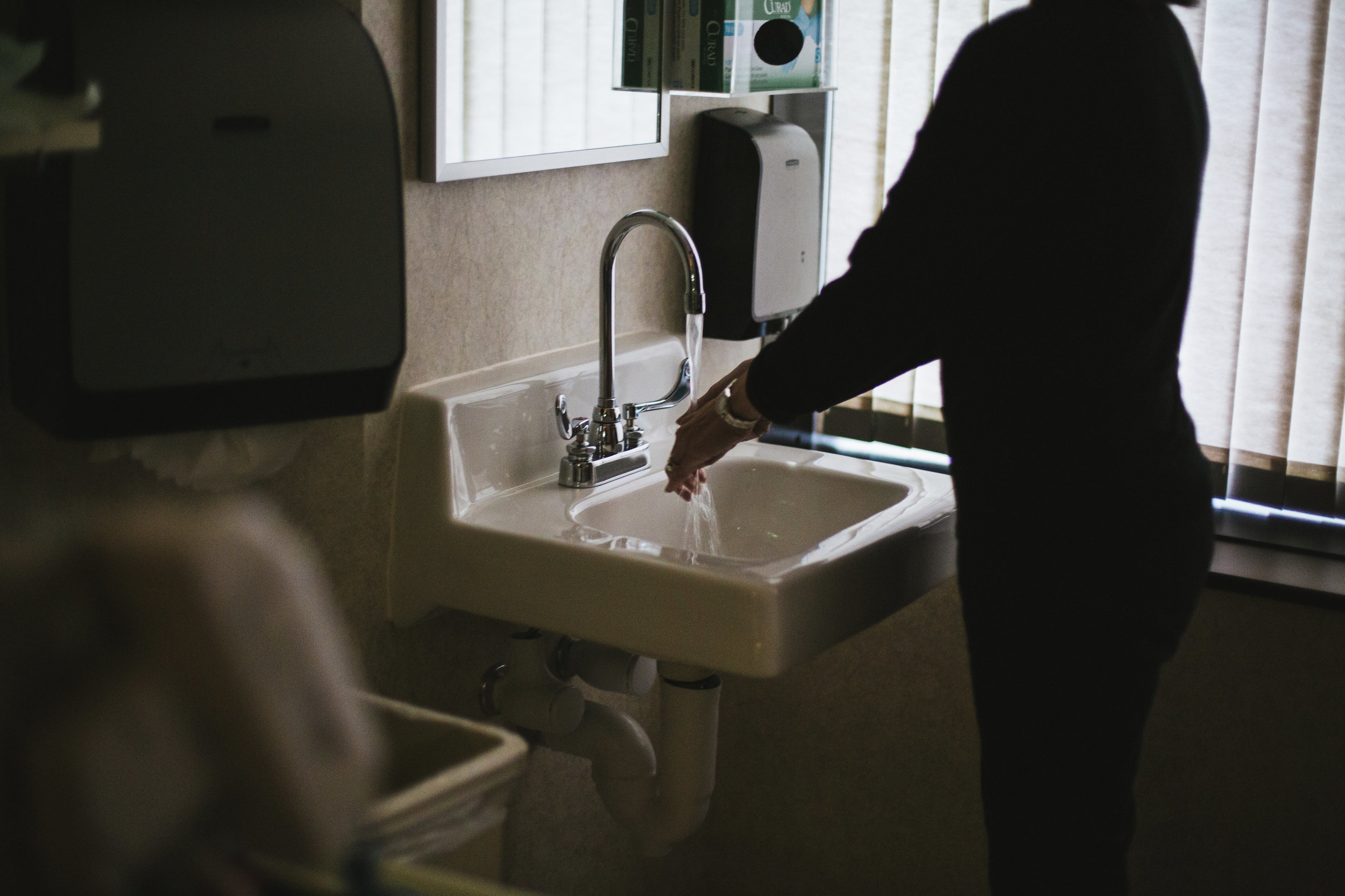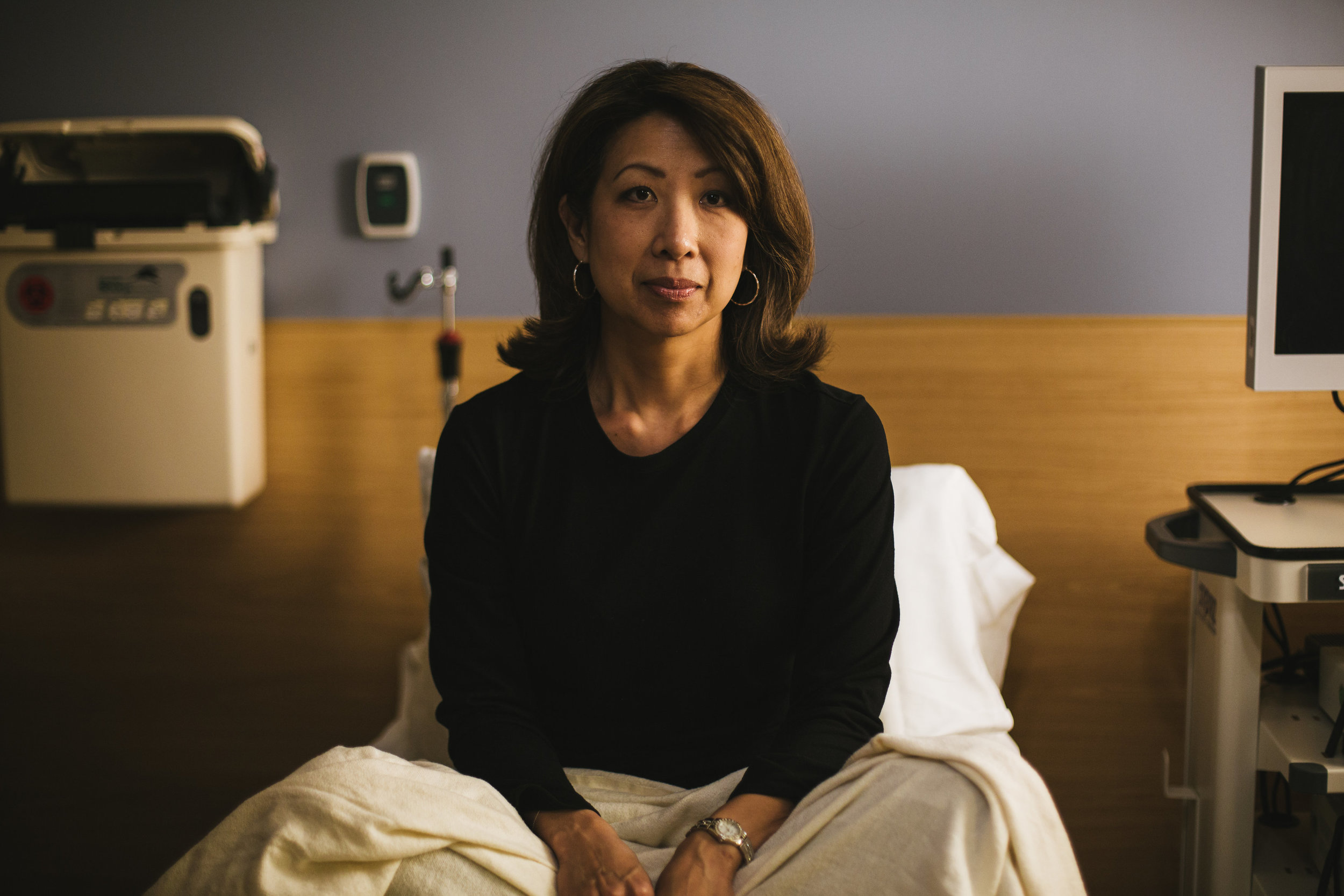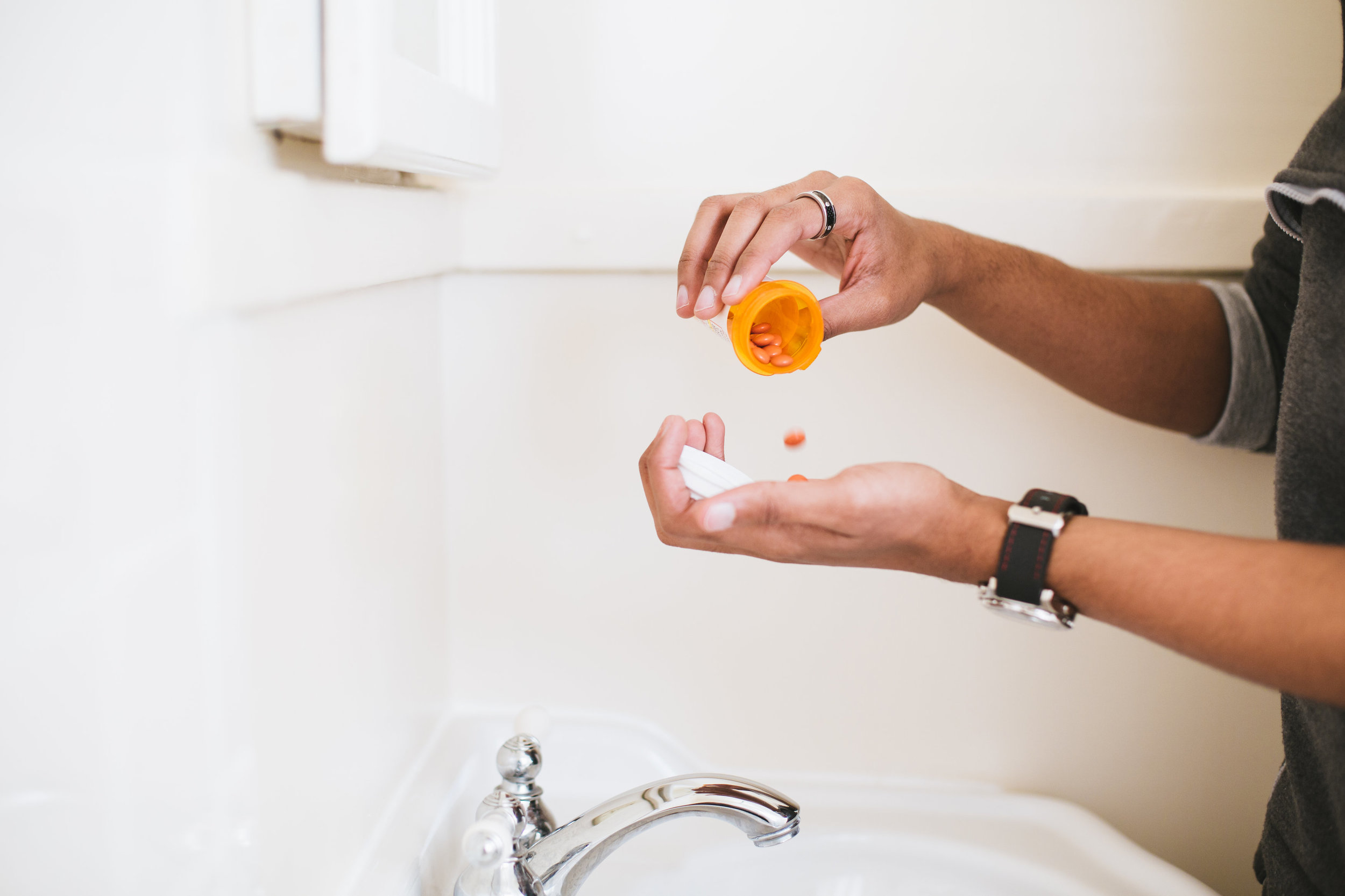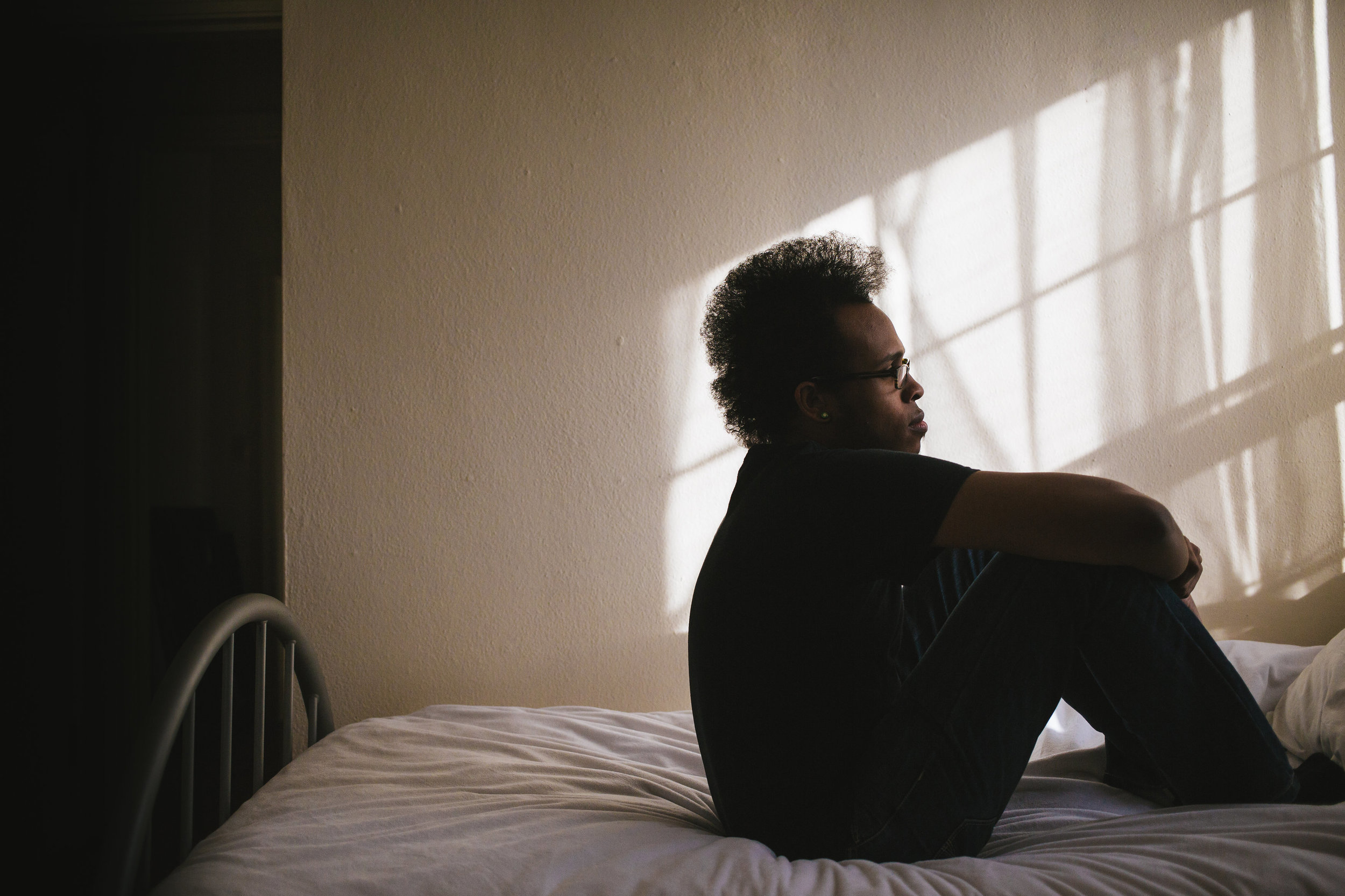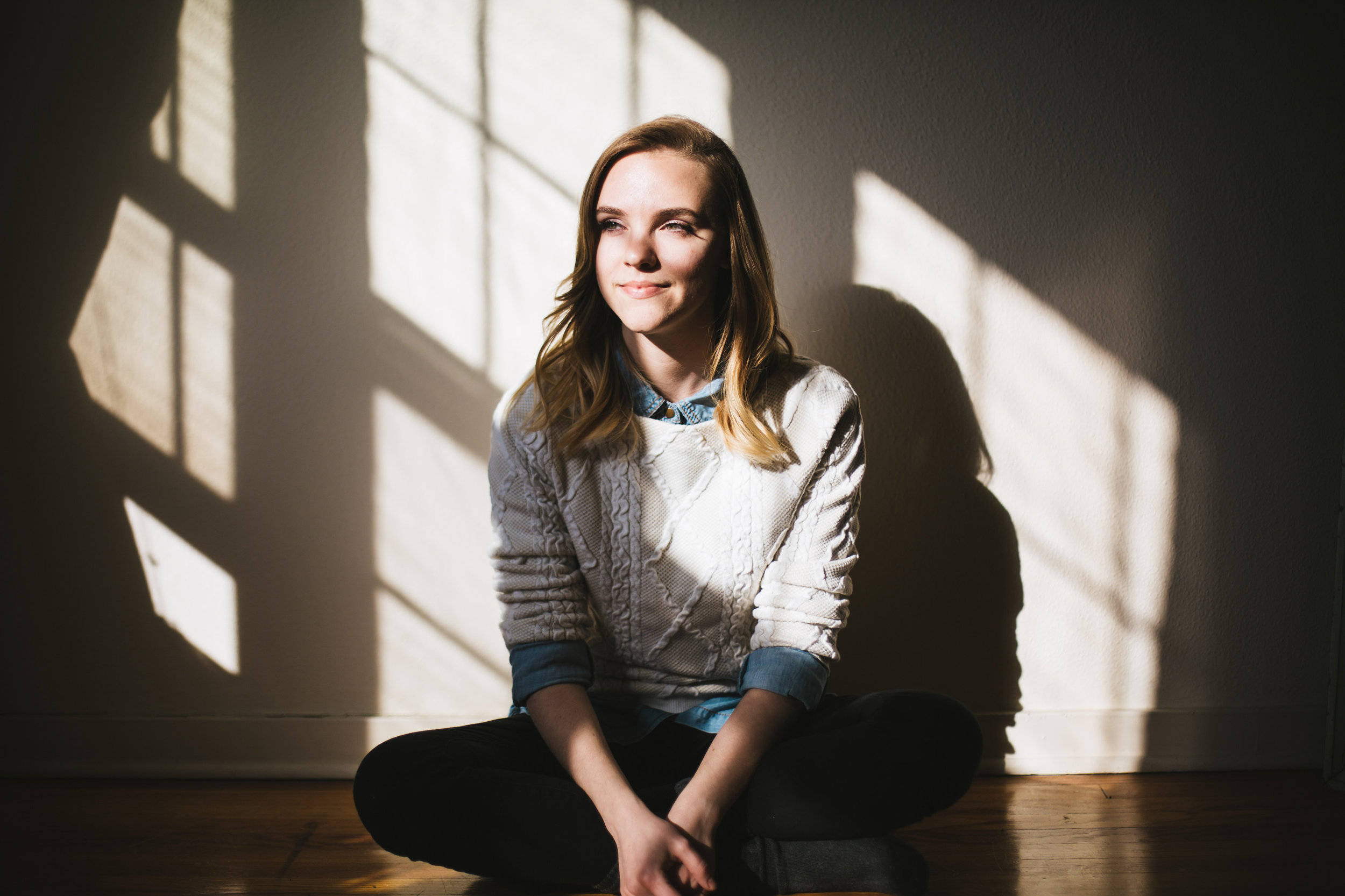More than 1 in every 5 people daily battle chronic illness worldwide, with thousands more chronically undiagnosed. Chronic illness is generally defined as any ongoing symptomatic condition or disease that lasts longer than a few months. These are highly prevalent, long-term physical issues that effect people of all ages and walks of life. The term “chronic illness” covers everything from Cancer to Chronic Fatigue Syndrome, Alzheimer’s, Heart Disease, Mental Illness, Lupus, Chronic Pain, ALS, Crohn’s Disease, and hundreds more.
This is the term we use to give a name to the nameless. Thousands of people are daily walking through extreme physical illness, searching for answers through tests and treatments, but are in that uncomfortable (and often lengthy) season of not receiving absolution. There is no name for their illness, as they are currently undiagnosed. For some this process lasts only a short time, but others exist in a state of “Chronic Undiagnosis” for months, years, or even decades. Aside from their physical symptoms, this group also wrestles with confusion in not having clean-cut answers to help explain their illness to friends and family, frustration in not understanding their own bodies, and a sense of isolation in not feeling like they “fit in” with those who have already received diagnoses.
People Hope is a place for the diagnosed and the undiagnosed; standing with you in all stages of illness, and cheering you on as you choose hope through it all.
If you spend time around People Hope, you’ll hear “me too" a lot, and that’s because we believe in the power of something we call a “me too” moment. These moments happen when a person is able to relate to someone else’s experiences, and realize that they’re not alone, resulting in the ability to honestly say, “me too!” These are moments of pivotal significance, as saying “me too” is one of the kindest, most generous, courageous, and powerful statements we can make to another person; to be fully vulnerable, raw, and transparent in order that someone else can feel understood and experience freedom. “Me too" says that you’re not alone. “Me too” says that I’m in this with you.
“Loneliness says ‘just you;’ bravery says ‘me too.’” — Anna King, Founder of People Hope
People are complex; so much more than just the physical. We are created with social, emotional, and spiritual intricacies that all factor into the overall health of who we are as people. Many who battle chronic illness struggle with more than just one facet of health, such as the physical. They feel misunderstood, which creates invisible wounds in a person’s mental and emotional health, and are often unable to relate easily to others socially in very profound ways, causing them to experience exceptional loneliness as a result. Many also wrestle with challenges spiritually in trying to understand the why behind their suffering.
With such intricate complexities that make up the complete fabric of who we are as people, it’s surprising that something as simple as a “me too” moment can counteract so much damage, and spark positive messages of love, understanding, and healing in many areas. When people are finally able to experience a “me too” moment, often in a just split second, it triggers a chain reaction of positive life-change.
